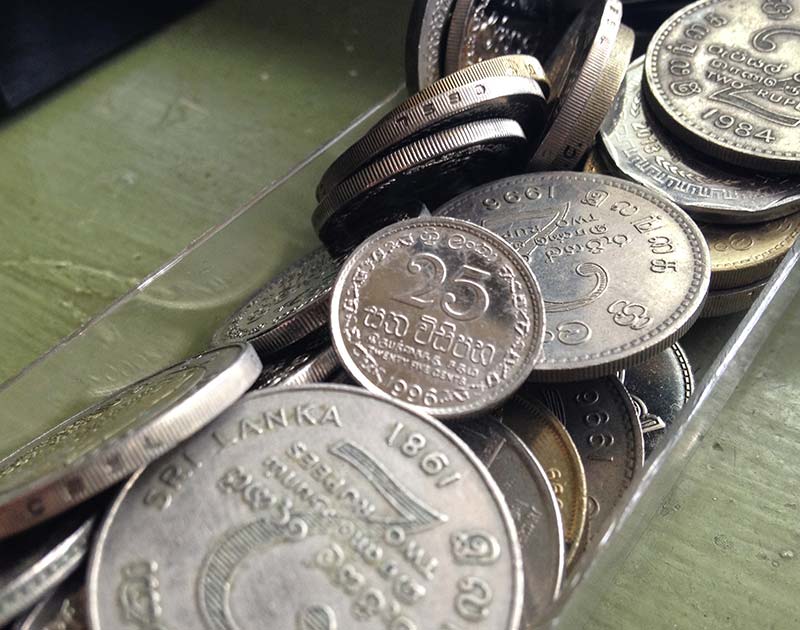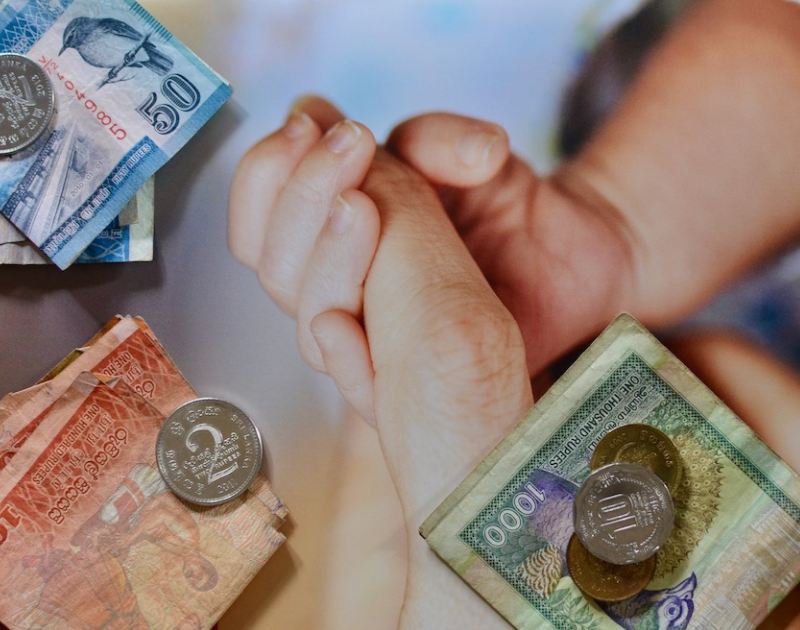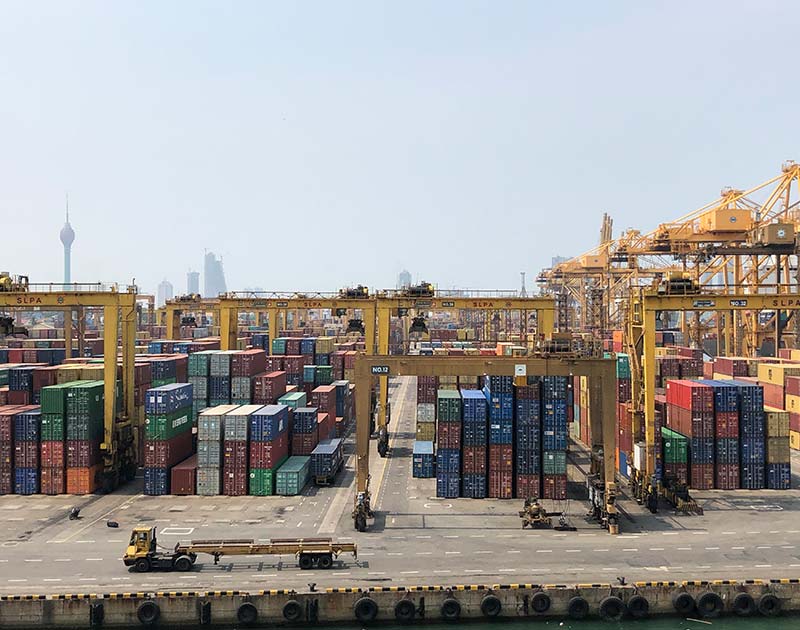
- Home
- Knowledge Insights
- Borrowing To Eat: The Impact of Sri Lanka’s Economic Crisis on Colombo’s Working Class Poor
The following is an excerpt from our latest policy brief. Please click here for the full CUL September 2023 Policy Brief .
Colombo Urban Lab’s third policy brief on the impact of Sri Lanka’s economic crisis on Colombo’s working class poor communities focusses on household debt and social security. Our ongoing research with communities in Colombo show an increase in household debt as families struggle with competing expenses – food, utility bills, transport, education, health, livelihood. Poverty and vulnerability presents itself very differently in Colombo, and while the streets of Colombo may look like it is back to normal, the crises faced by working class families tell a different story.
In April 2023 our policy brief detailed various coping strategies households were employing to make ends meet, such as cutting back on the number of meals and nutrition, not sending children to school every day, reducing electricity usage to a bare minimum, pawning jewellery and selling/mortgaging assets. This latest brief looks at borrowing money / taking multiple loans from informal credit markets in order to make ends meet – sometimes just to put food on the table. We also provide an update on the Aswesuma experience by highlighting the dangers of targeted support and asset based selection through case studies of households not selected for the new social security registry.
The Colombo Consumer Price Index (LKCCPI=ECI) (CCPI) reflected food inflation reaching a negative 4.8% in August, after hitting a negative 1.4% in July. Non-food inflation was 8.7%, the Census and Statistics Department said in a statement. However, reports from rights groups across the country, as well as our own research in Colombo continues to indicate that availability of goods and shifts in inflation does not mean affordability or change in the quality of life for working class communities as they battle with severe debt and accumulated bills and payments. To put it simply, even if the prices of food were to come down to pre COVID-19 prices, families would still struggle to put three nutritious meals on the table. Women continue to shoulder the burden of household debt and care work, with increasing time poverty and sacrifices by way of nutrition and health. Compounding effects of significant increases in electricity tariffs and prices of essential items such as kerosene and medicine, increase in Value Added Tax (VAT) and public transport rates during one of the most severe economic crisis in the country has devastated working class households and their savings/assets, to a point of no return for many.


